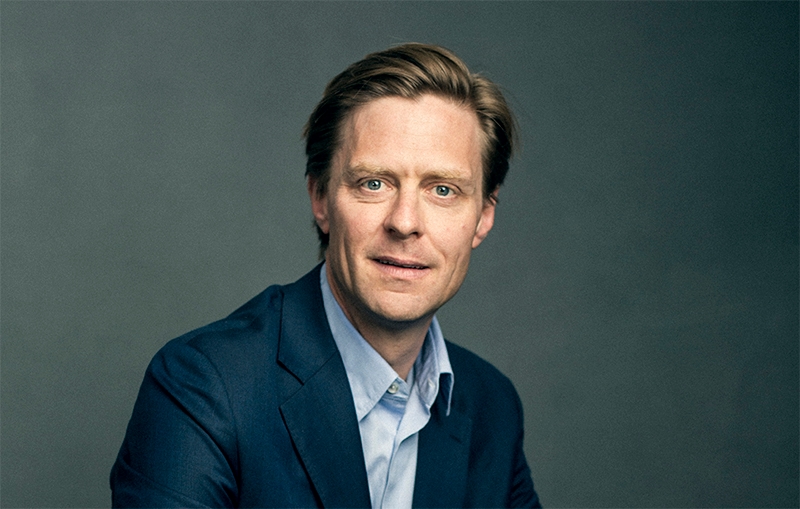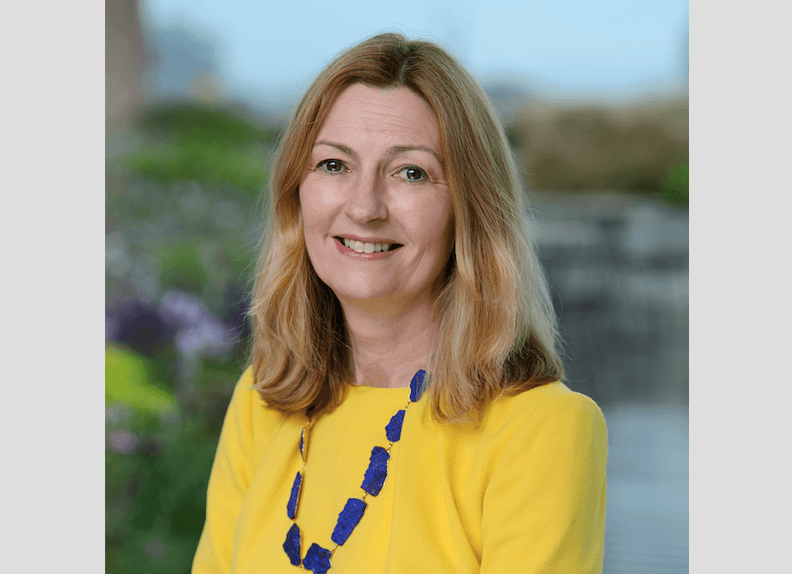Since the creation of Mobius Capital Partners in 2018, the landscape of emerging markets has undergone a significant transformation. An evolution that the investment firm itself has also experienced, which now, after announcing the departure of Mark Mobius, takes a further step without losing its essence. Carlos Hardenberg, founding partner of the firm and co-manager, discussed both matters in his latest interview.
Could you give an assessment of the legacy he leaves at the firm?
I have collaborated with Mark for nearly 25 years, and his expertise in emerging markets (EM) is invaluable. Often regarded as a pioneer in the asset class, Mark’s foresight has played a pivotal role in shaping the trajectory of our firm. Over the last five years, his global network and great insights have been instrumental in MCP's success. We extend our sincere gratitude to Mark for his contributions and the legacy he leaves behind.
Mobius’ departure further strengthens your leadership, what plans do you have for the fund manager’s business? Do you plan to launch new funds?
With Mark Mobius’ departure, we see an opportunity to position the company for the future. My plan includes the promotion of select employees to partner roles. This is a reflection of their contributions and performance, aligning the team’s interests more closely with those of our investors.
At MCP, our focus remains on the singe strategy that, over the years, has demonstrated its potential to deliver sustainable long-term returns in emerging markets. Currently, this strategy is accessible through two vehicles—a closed-ended London-listed trust and an open-ended SICAV fund. Additionally, we are exploring the establishment of a private fund catering to the interest we’ve received from U.S. investors in the strategy.
We have a strong leadership and deep bench of talented analysts. The funds will be managed by the same team as over the past years.
Regarding “The Mobius Emerging Markets Funds” and “Mobius Investment Trust”, you have explained that there will be no changes, could you highlight what are the strengths of these vehicles and their attractiveness to investors?
The Mobius Emerging Markets Fund has just achieved its 5-year track record with significant outperformance, returning over 25% (USD) during a period when the index (MSCI EM Index USD) was negative. As mentioned above, we focus on one concentrated, active strategy investing in quality companies in emerging markets. The strategy provides access to lesser known, highly innovative EM companies with improving financial productivity, earnings durability and deep moats. This active approach requires a much more bespoke research process and sets us apart from many of our competitors who invest in the well-known mega caps and largely track the benchmark.
In Latin America we have seen that there is a certain rage for Mexico and Brazil, does this coincide with your view?
The type of companies we’ve identified and the opportunities we see make us particularly excited about Brazil. In fact, we are actively exploring opportunities to further enhance our exposure to the Brazilian market. Our strategic focus on asset light, innovative, quality companies guides our investment decisions, and in this context, Brazil currently stands out as a compelling and promising market for us. At the same time, as inflation and interest rates are coming down consumption is bound to recover.
In the current climate of volatility, geopolitical uncertainties, and a paradigm shift in central bank policies, the question arises: What does emerging market exposure bring to investors’ portfolios?
Forward-looking investors focus on future trends rather than present conditions. With inflation on a downward trajectory, interest rates following suit, the dollar weakening and the global economy poised for mean reversion, emerging markets present a compelling proposition. Anticipated outperformance of emerging market growth over developed markets, coupled with advancements in technological innovation—such as artificial intelligence, autonomous driving, and the Internet of Things—position these markets as hotbeds for highly innovative products.
Furthermore, the current low valuations in emerging markets add another layer of appeal. As a long-term investor, the stars seem to be aligning favourably for emerging markets
In which Latin American countries do you see value? How does the situation in China affect the outlook for these countries?
As mentioned, we are particularly excited about Brazil. China is one of its most important trading partners, so a sluggish recovery in China will obviously have an impact on the country. However, we should not forget that China is still forecast by the IMF to grow by 4.6% and 5.4% in 2023 and 2024 respectively, and in fact the forecast was recently upgraded.
What about other big markets like India, which we always hear about today as a great opportunity? Are they still?
We are currently very bullish on India and have been actively dedicating substantial time on the ground in the country. India has been a crucial allocation for the Mobius Emerging Markets Fund since its inception, with the Indian holdings contributing around 40% to the gross return since then. This notable contribution is primarily attributed to our meticulous stock selection. Our recent visit to India has further affirmed our bullish outlook on the region. The dynamic and exciting companies we’ve encountered during this visit reaffirm our confidence in India’s potential. Additionally, we are particularly encouraged by the business-friendly and supportive policies implemented by the Indian government. We believe that diligent stock pickers can uncover compelling opportunities in the Indian market, and we remain committed to leveraging these prospects for the benefit of our investors
When it comes to thinking about emerging markets in Europe, are the geopolitical risks too heavy right now?
We are not invested in Eastern Europe because of stock selection rather than macro developments. We simply find more exciting companies in other regions, particularly Asia.
What is your approach to investing in emerging markets, are you looking for a particular style, a particular type of company, a particular type of asset?
Our approach to investing in emerging markets is based on a set of criteria. We look for asset-light, highly innovative, high-quality companies with robust moats, positive cash flows and minimal debt, just to name a few factors that play a role in our stock selection. Over time, we have developed a preference for smaller, under-researched and undiscovered companies in emerging markets, particularly in the technology, healthcare and consumer sectors. We find that there are often significant inefficiencies in this space, creating opportunities that align with our investment philosophy and help us find attractive investment prospects that can deliver long-term sustainable returns.
Finally, what is your outlook for 2024 for emerging markets and what will be their main challenges?
No doubt, as we are heading into the new year challenges remain including the sluggish recovery in China, the conflict in the Middle East, the war in the Ukraine and the shaky China-US relations, just to name a few. I think, in volatile times, when asset classes can fall in and out of favour in a matter of weeks, it is important to cut through the noise and focus on fundamentals and the long-term potential of our quality portfolio. The strongest factor in our decision-making process is the information we get from the companies themselves. And what we have heard in our regular interactions with the management teams has strengthened our conviction and given us a positive outlook for FY24 and FY25.



